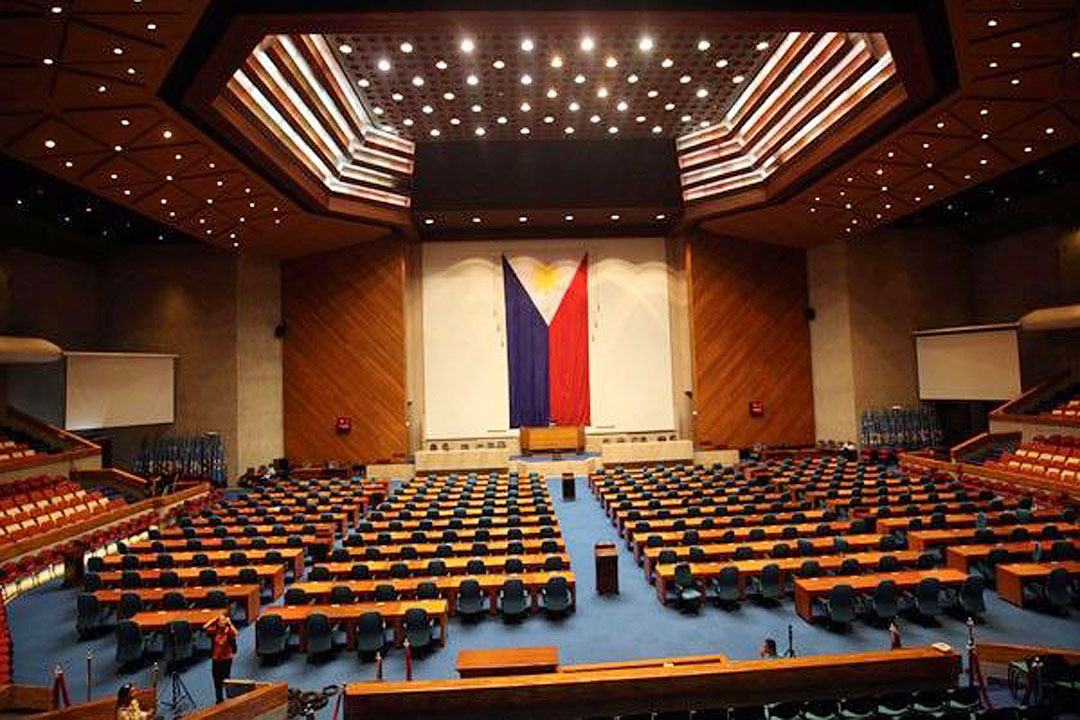
THE House of Representatives approved on second reading a bill seeking to extend the estate tax amnesty for two years beyond its original expiry date of mid-June.
Legislators on Tuesday passed House Bill (HB) No. 7909 by voice vote. The bill proposes a new estate tax amnesty deadline of June 14, 2025.
Between 2019 and 2023, “133,860 individuals availed of the program… bringing in approximately P7.4 billion in collections. However, there’s still much that needs to be settled and we are appealing that the amnesty be extended until June 14, 2025,” Nueva Ecija Rep. Rosanna V. Vergara told the plenary.
HB 7909 is a substitute bill to HB 7409, which was originally co-authored by Speaker Ferdinand Martin G. Romualdez, Ilocos Norte Rep. Ferdinand Alexander A. Marcos, Majority Floor Leader and Zamboanga City Rep. Manuel Jose M. Dalipe and TINGOG party-list representatives Yedda Marie K. Romualdez and Jude A. Acidre.
If passed into law, the measure would represent the second extension of the estate tax amnesty under Republic Act (RA) No. 11213, which initially ran from 2019 to June 14, 2021. RA 11569, which was passed by the previous Congress, had extended the amnesty period by two years to June 14, 2023.
“The COVID-19 pandemic has resulted in significant death tolls but the estate amnesty only covered deaths on or before Dec. 31, 2017. Hence, the committee expanded of the coverage to those who died during the pandemic, specifically on or before Dec. 31, 2021,” Ms. Vergara said in her sponsorship speech.
The law currently allows taxpayers a one-time opportunity to settle unpaid tax obligations covering estates of those who died on or before Dec. 31, 2021. A 6% tax rate is imposed on each decedent’s total net taxable estate at the time of death without penalty.
“An extension of the estate tax amnesty program would allow more families to take advantage of the program to… settle outstanding estate taxes at an affordable 6% flat rate, in turn freeing up their assets and providing financial relief to families who were struggling in the wake of the pandemic,” she said.
Under the bill, heirs are also exempt from paying a 6% donor’s tax on any donated estate worth P1 million and below. This represents an increase from the current P250,000 threshold authorized by section 99 of the National Internal Revenue Code.
Estate tax cases which are “final and executory,” including properties involved in court cases such as those falling under the jurisdiction of the Presidential Commission on Good Government, involving graft and corruption, money laundering, and other crimes under the tax code, will not be affected by the proposed amnesty, Ms. Vergara said.
During an April 25 Ways and Means Committee Meeting, Bureau of Internal Revenue Assistant Commissioner Maria Luisa I. Belen said the bureau had set a P6-billion collection target from the estate tax amnesty.
Ms. Belen said that 61,566 availed of the first estate tax amnesty between 2019 and June 14, 2021, which yielded P4.89 billion. Since June 15, 2021, collections amounted to P2.52 billion from 72,294 individuals so far.
“Extending the estate tax amnesty program is a crucial policy tool during these challenging times. It provides relief to families, generates revenue for the government, and promotes a more equitable distribution of wealth,” Ms. Vergara said. — Beatriz Marie D. Cruz



